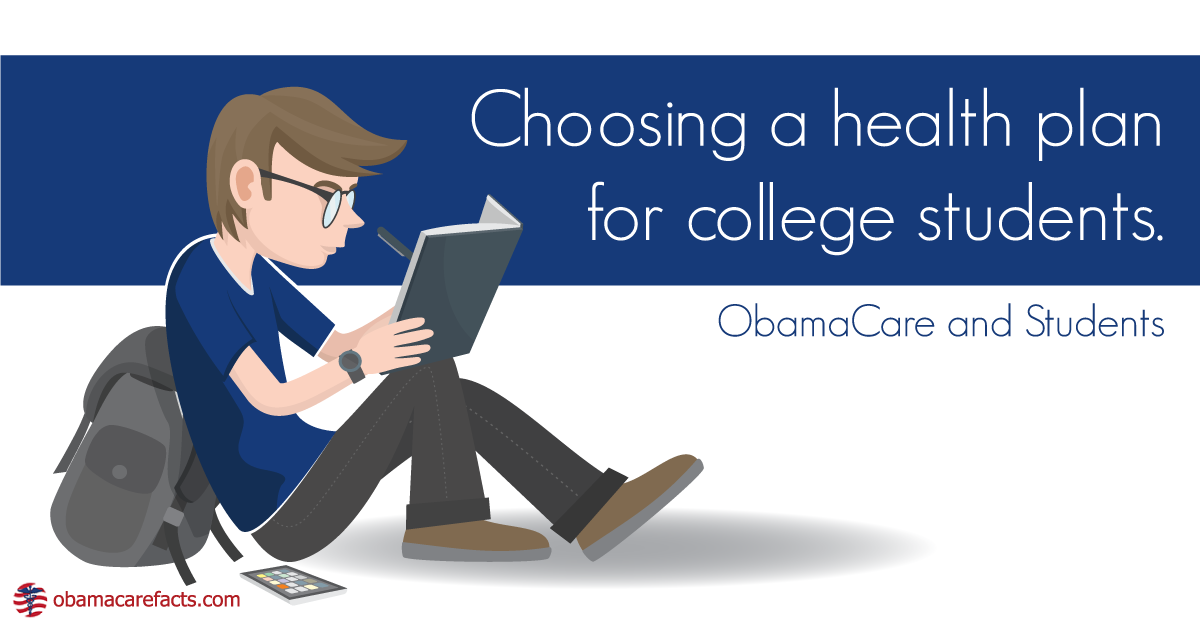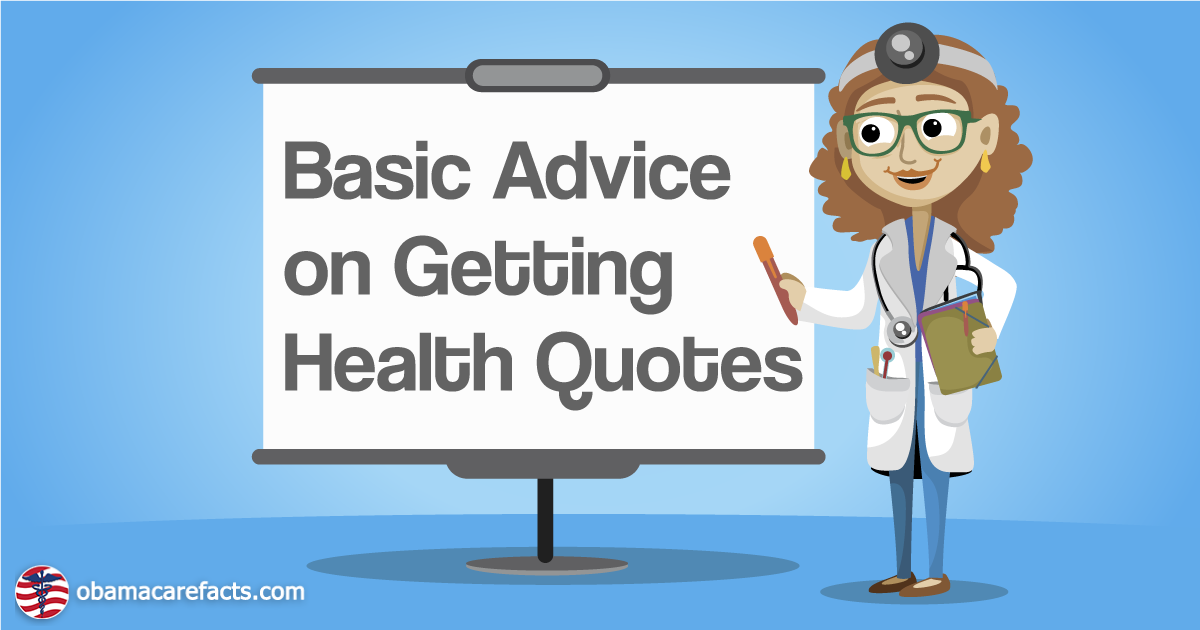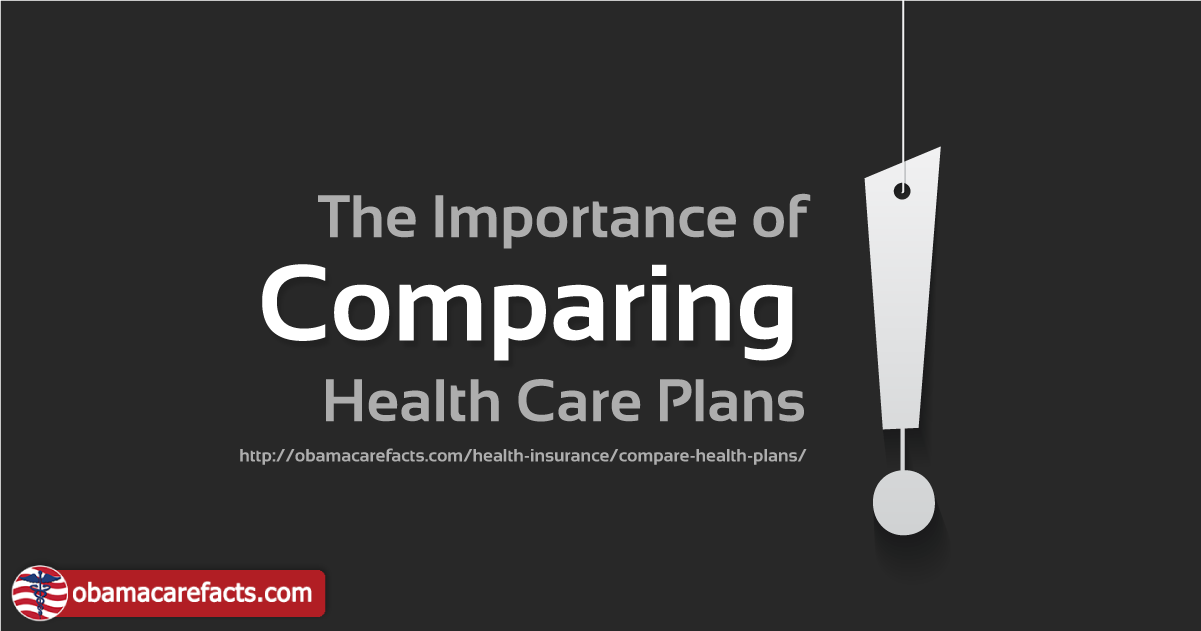HealthCare.Gov is Missing Content







There was a good deal of content missing from HealthCare.Gov as of Feb. 17, 2017, and some senators sought answers from HHS Secretary Price.







There was a good deal of content missing from HealthCare.Gov as of Feb. 17, 2017, and some senators sought answers from HHS Secretary Price.
EPOs (or “Exclusive Provider Organization” plans) are plans where you can ONLY use doctors and hospitals within the EPO network, but cannot go outside the network for care. With an EPO there are no out-of-network benefits.
A major medical health insurance plan generally describes any private individual or family plan sold after 2014 that follows the ACA’s new guidelines. This means it is a plan that counts as minimum essential coverage, offers the ten essential health benefits, follows guidelines for deductible and out-of-pocket maximum limits, and covers “major expenses” associated with serious illness… Read More

Under ObamaCare the best plan is generally a Silver plan with an HSA, for low income it’s Medicaid / CHIP, and for Seniors at least Medicare A & B. There is a bit more to it, but if we only had one sentence to convey a blanket answer that would be it. If we get one… Read More

College students have a number of health plan options including the Marketplace, Medicaid, school health plans, catastrophic plans, and their parents plan. Below we take a look at student health options under the Affordable Care Act (ObamaCare). FACT: A university health plan counts as Minimum Essential Coverage for ObamaCare if it’s fully insured or self insured. Aside… Read More
Employers who reimburse employees for individual non-group health plans face a $100 a day or $36,500 per year, per employee excise tax. This rule applies to all employers, but the fine itself is only levied on those who have to comply with ObamaCare’s mandate (firms with 50 or more full-time equivalent employees).
Employers can use Health Reimbursement Arrangements (HRAs), Employer Payment Plans, and Flexible Spending Accounts (FSAs) to save money on healthcare. We take a look at healthcare arrangements to find out how they can benefits employers and employees alike. We will also look at how they affect employer and employee taxes and penalties. It’s important to understand… Read More
Under ObamaCare Veterans and others receiving qualifying VA health benefits, don’t have to do anything. You are considered to have Minimum Essential Coverage and won’t owe the fee.
ObamaCare and Health Insurance for the Self-Employed The Affordable Care Act (ObamaCare) has some important implications for how the self-employed go about obtaining, maintaining, and paying for health coverage. If you’re self-employed, most of the healthcare provisions in the ACA apply to you. Let’s take a look at how you’re affected by ObamaCare, how you can reduce the cost of coverage, and how… Read More
Find out about Health Care Sharing Ministries (HCSM), and related exemptions under ObamaCare. FACT: If your Health Care Sharing Ministry qualifies then you are exempt from the fee. Members of health care sharing ministries demonstrate their exemption by using IRS Form 8965 when filing their 1040 tax return. What are Health Care Sharing Ministries (HCSM)? Health Care Sharing… Read More
Get the facts on low cost health insurance, how Medicaid and Marketplace subsidies can lower your costs, and how to get affordable coverage. Getting low cost health insurance is a little more complicated than just finding the right broker, picking the lowest premium plan, or general cost sharing amounts. It’s about understanding what cost assistance you… Read More
Covered benefits are the items your plan covers with cost sharing in it’s network. Uncovered benefits, or covered benefits out-of-network cost more. ObamaCare’s Essential Benefits vs. Covered Benefits Under the ACA all major medical plans must offer at least one covered service from ten categories of essential health benefits. That makes all essential benefits covered… Read More
Your health plan’s Summary of Benefits and Coverage (SBC) is a summary of what your plan covers in terms of benefits and cost sharing, and explanations of how everything works. We suggest opening up a Summary of Benefits and Coverage sheet as you follow along. The Summary of Benefits and Coverage PDF can be found… Read More

Get health insurance quotes and find out if you qualify for cost assistance from CMS approved brokers and on HealthCare.Gov. Below we will discuss the best ways to get health insurance quotes (HINT: Start at ObamaCare’s Health Insurance Marketplace sometimes called “the Marketplace” AKA HealthCare.Gov). We’ll also give you lots of helpful advice to help ensure you get… Read More

Here is a quick list of tips for getting the best health plan. No matter how you shop, this list will ensure you don’t over or under-buy health insurance. NOTE: Finding the best health plan for you and your family depends on your family size, income, needs, region, and more. The best plan for one… Read More
Having Health Insurance means you are covered in an emergency. Not getting coverage could result in big fees for those who wait until taxes are due. Obtaining and maintaining health insurance isn’t just about avoiding a fee, it’s about taking responsibility for your health, knowing you have coverage when you need it, and avoiding the devastating… Read More
Let’s take a look at factors that affect health insurance costs for premiums and cost sharing under ObamaCare, including Marketplace subsidies and Medicaid. ObamaCare helps ensure fair health insurance premiums (Sec. 2701), helps curb premium growth, and provides Tax Credits to lower premium costs. The ACA also includes measures to reduce out-of-pocket spending and curb national… Read More
What is Health Insurance Coinsurance? In health insurance, coinsurance is your share of costs of the allowed amount for a covered service after you reach your deductible. Coinsurance is different from a copay which is a fixed dollar amount for services and is not typically dependent on meeting your deductible. How does Coinsurance Work? Each service or drug that is subject… Read More
What is a Health Insurance Copay? In health insurance a copay (copayment) is a fixed amount you pay for covered services, typically when you get the service. Copays differ from coinsurance (the percentage you pay for covered services, usually after reaching your deductible). Each plan treats copays and coinsurance differently, so it’s important to understand if… Read More
What is a Health Insurance Deductible? Your health insurance deductible is the amount you have to pay out-of-pocket for covered services before your insurance begins to pay. It doesn’t include premiums or costs that aren’t covered by your plan. Once you meet your deductible, your plan will pay its share of your coinsurance. TIP: Your maximum deductible… Read More
Out-of-Pocket Maximums Under the Affordable Care Act The ACA limits out-of-pocket maximums, the max amount of costs for covered services you’ll pay out-of-pocket in a policy period on your health plan. For 2023, your out-of-pocket maximum can be no more than $9,100 for an individual plan and $18,200 for a family plan before marketplace subsidies…. Read More
What is a Health Savings Account? A Health Savings Account (HSA) is a tax-advantaged medical savings account you can contribute to and draw money from for certain medical expenses tax-free. HSAs can be used for out-of-pocket medical, dental, and vision. HSAs can’t be used to pay health insurance premiums. HSA’s can only be used with… Read More
If you are under 30 or obtained a “hardship exemption” you qualify for a high deductible, low premium, catastrophic plan. Catastrophic health plans are the cheapest plan you can get that counts as minimum essential coverage. Catastrophic plans can be good for those who want cheap, barebones care. Catastrophic plans tend to trade a low… Read More

Learn how to compare health plans to get the best deals on health insurance and health care. Compare your health needs with your plans costs and coverage, to find an affordable plan with benefits that are designed to cover you. No matter how you shop, and boy are there a lot of different options under… Read More
How does health insurance work? You pay a monthly premium and your share of annual out-of-pocket costs, and your insurer pays it’s share of covered costs. The concept is simple, but getting that perfect health plan takes some brain power and elbow grease. By taking the time to master and internalize the content of this page,… Read More